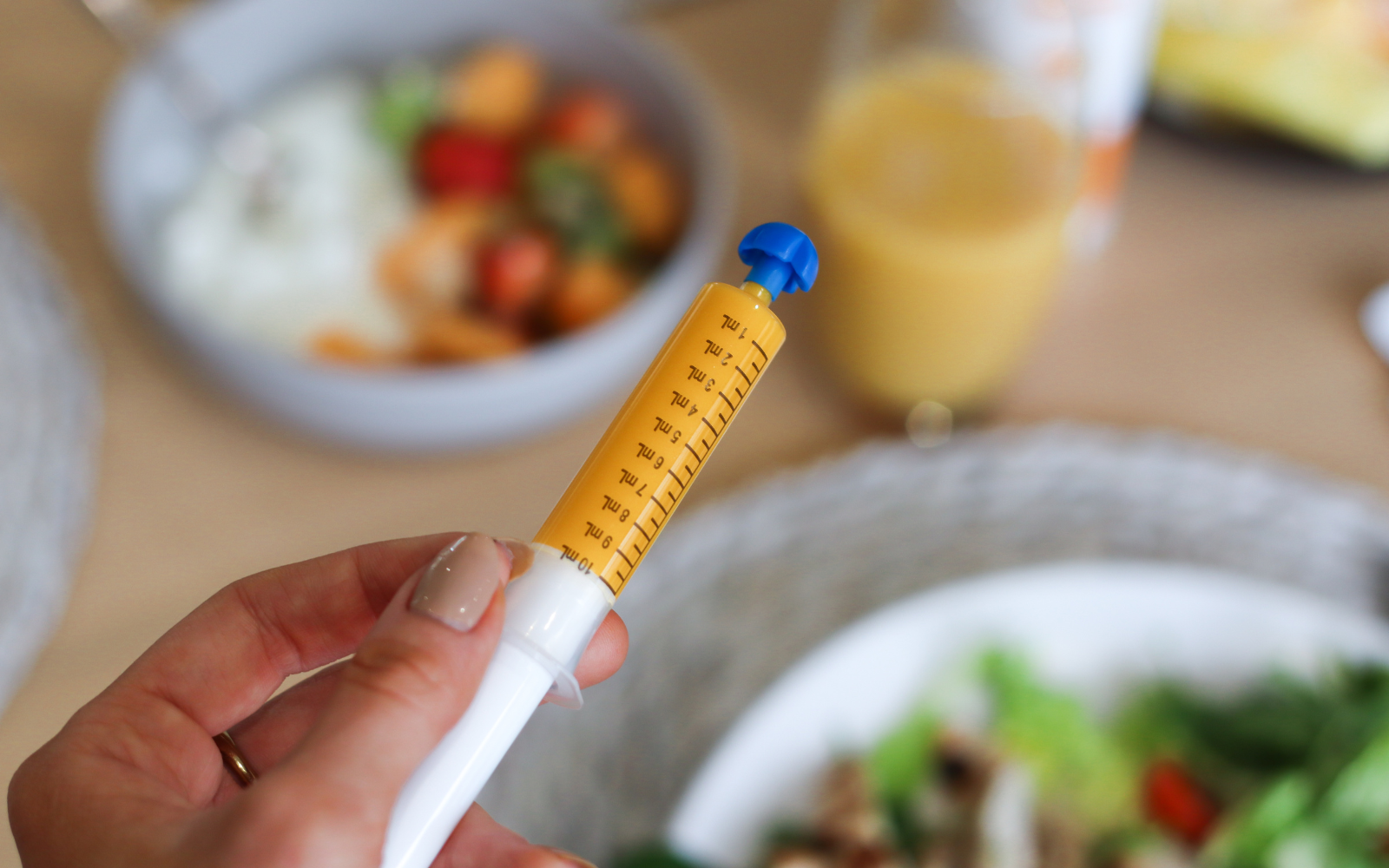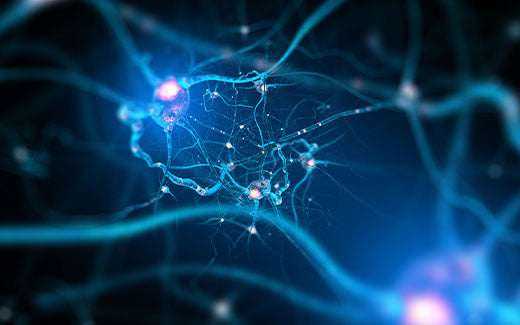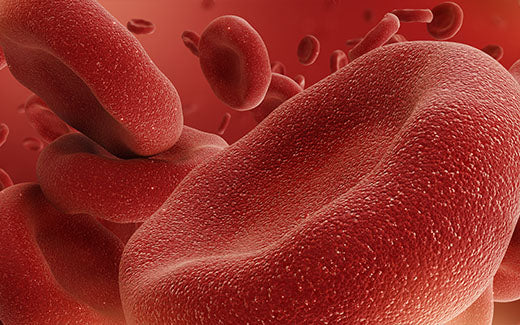Glutathione is relatively unknown in the mainstream, but with more and more people conscious of their health since Covid hit, it’s finally getting the attention it deserves. Those in the know have been supplementing with glutathione for years to help with detoxification, whether from an illness, after a heavy night or to improve their skin!
What is glutathione?
When you break it down, glutathione is actually a protein known as a tripeptide. This is an especially small protein made up of three amino acids - cysteine, glycine and glutamate.
Glutathione is commonly known as the body's master antioxidant. Antioxidants are essentially the antidote to free radicals, the unstable molecules that come about from oxidation and damage your healthy cells.
Bacteria, viruses, radiation, heavy metal toxicity, certain medications, and even ageing can all cause oxidation and subsequently free radical build up in your body. Lots of these things can’t be avoided, and that’s where glutathione supplements come in.
When you consider that glutathione is present in nearly all 37 trillion of the cells in your body, it makes sense why it’s viewed as our most important antioxidant.
What does glutathione do?
Most of the glutathione in your body is located in your liver, making it essential for your body’s natural detoxification process. This can help with various issues, including skin conditions like acne, heavy metal poisoning, recovering from illnesses and ridding your body of toxins from alcohol, food, pollution, etc.
As a key antioxidant, it not only donates its electrons to free radicals, neutralising them, but also recycles other essential antioxidants like vitamins C, E, alpha lipoic acid and CoQ10 to ensure you’ve got enough of the good stuff. Protecting your cells’ mitochondria from damage also keeps your energy levels up as the mitochondria is where your body produces energy!
Why is glutathione important?
Glutathione as the body's master antioxidant
Glutathione is an essential antioxidant in the body. If you didn't know, antioxidants are your body’s natural protectors against free radical damage, which is caused by smoking, pollution, chemicals and UV light exposure, as well as normal physiological processes in your body like metabolism.
These unstable molecules seek to steal an electron from other molecules and ‘neutralise’ them while causing damage to other healthy cells. Glutathione works to counteract this damage by donating an electron to the free radical and suffering in place of your healthy cells!
Glutathione and energy
Energy production occurs within all your cells, inside the cells’ mitochondria, otherwise known as the 'cell powerhouse'. As a key antioxidant, glutathione protects the mitochondria from free radical damage. Since free radicals slow down energy production and cause the cell to become sluggish, this makes glutathione essential for maintaining good energy levels. What happens when your cells become sluggish? So do you!
Glutathione and detoxification
As humans, we have a built-in natural detoxification system that works on a deep cellular level. Detoxification has three phases, mostly occurring in the liver. Here’s a simple breakdown:
- Phase 1: During phase 1, toxins from smoke, alcohol, caffeine, dioxin, drugs, radiation, heavy metals, pesticides, and other carcinogens are partially processed in your liver's mitochondria (where your liver produces energy). These partially processed toxins, aka ‘intermediates’, are even more dangerous free radicals than when they were in their original form, so need to be further processed in phases II and III.
- Phase 2: In phase 2, glutathione and other enzymes neutralise and inactivate the toxins in a binding process called conjugation, readying them for elimination.
- Phase 3: Once the toxins have been conjugated, they are ready to be eliminated from your body, mainly via your kidneys and liver.
What is Glutathione Zooki?
Glutathione Zooki is a handy glutathione supplement in a tasty Orange Spice flavour and packed in airtight oral dispensers for safe-keeping from oxidisation. Just 1ml per day provides cell, energy, brain, vision (thanks to added riboflavin), and skin support and helps your body detoxify!
References
-
Glutathione: Overview of its protective roles, measurement and biosynthesis
-
The glutathione system: a new drug target in neuroimmune disorders
-
Application of Glutathione as Anti-Oxidative and Anti-Aging Drugs
-
Vitamin C augments lymphocyte glutathione in subjects with ascorbate deficiency
-
Vitamin C elevates red blood cell glutathione in healthy adults







Share:
What is the gut microbiota? An essential guide to your gut tribe
Do I need Collagen supplements?